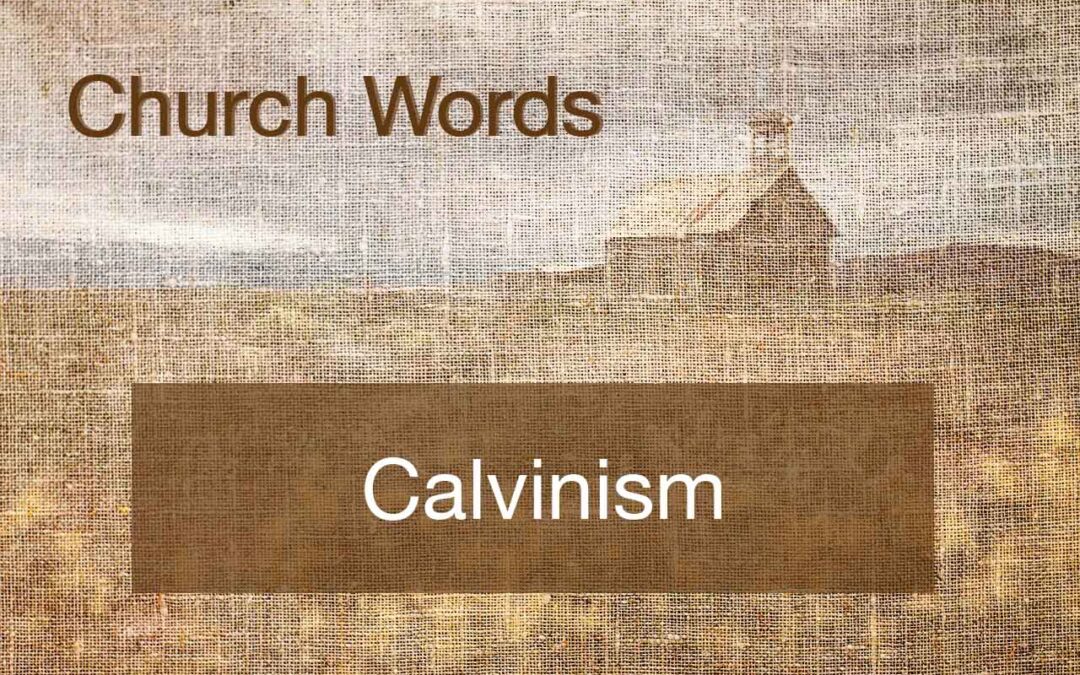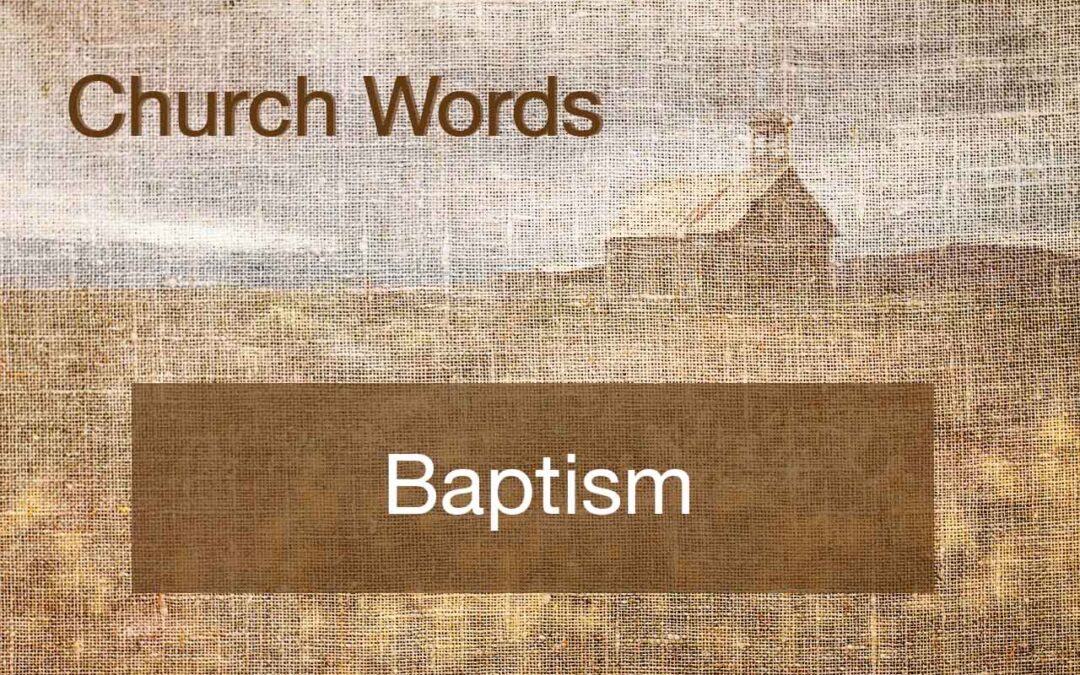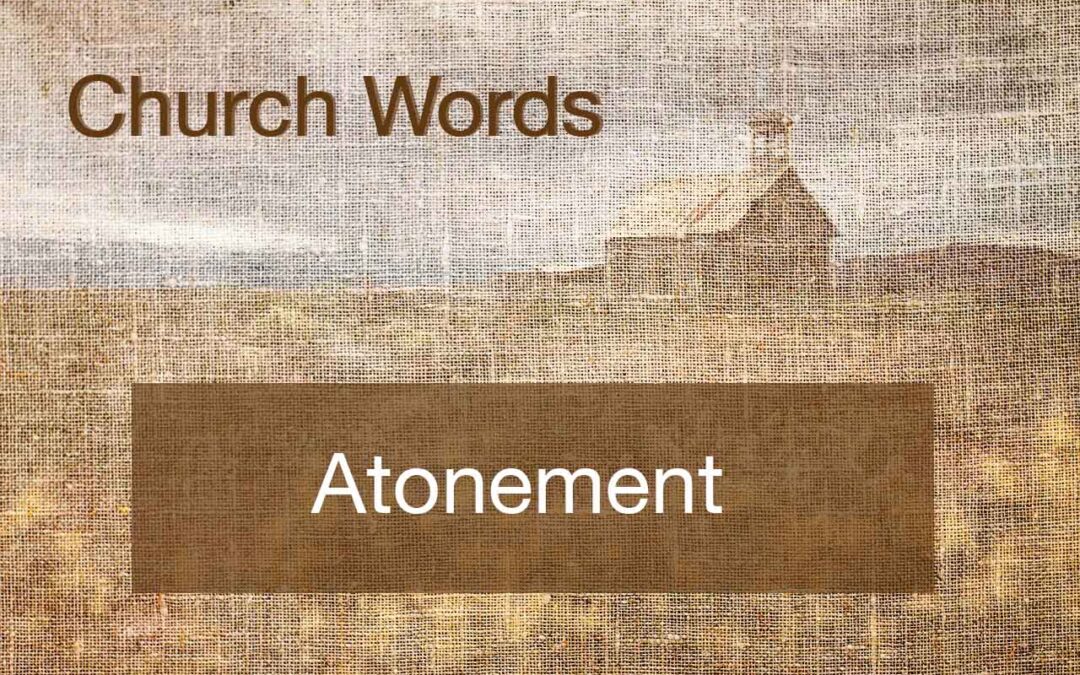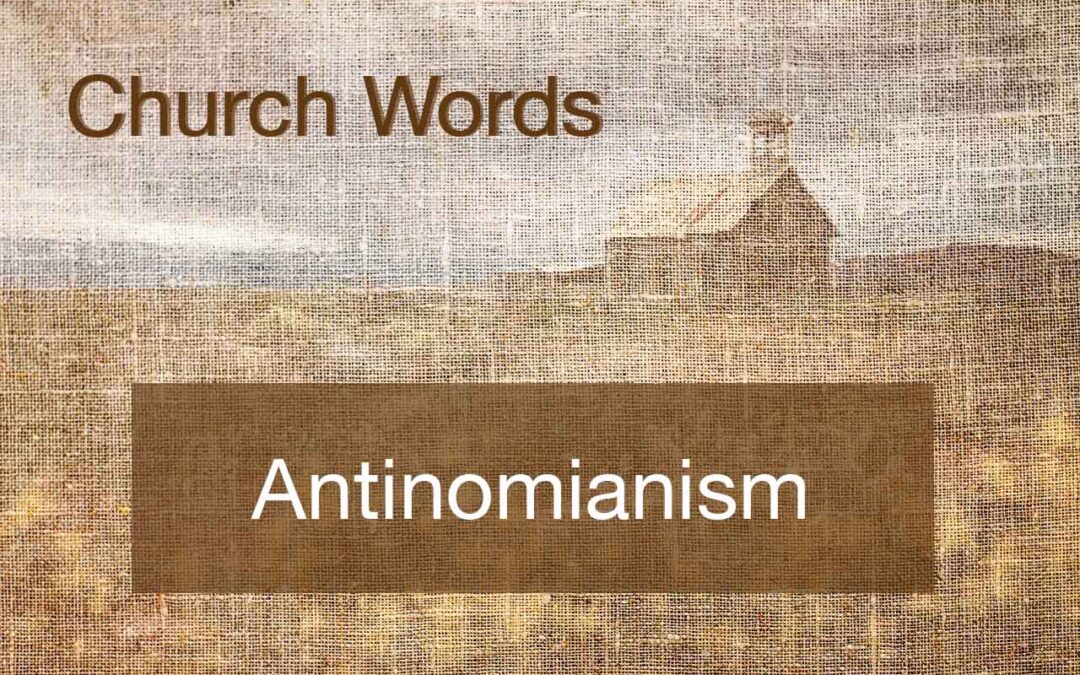
Calvinism
Calvinism is a Protestant denominational position that adheres to the theological traditions and teachings of John Calvin (1509-1604), along with other preachers of the Reformation era. Although he was a second generation Protestant Reformer, John Calvin was the first to systematically organize Reformed doctrine. His Institutes of the Christian Religion, contributed significantly to Reformed religious thought. What He wrote from a pastor’s perspective, rather than that of a scholar and has often been misrepresented. The purpose of his hermeneutical writing was to edify the Christian church. Consequently, his influence continues today in most Reformed and Presbyterian churches.
Like Martin Luther his theologic beliefs were derived from Scripture alone (sola Scriptura). He Believed the Bible meant what it said and and was the final authority for Christians as revealed by the Holy Spirit. He believed in an all powerful, sovereign, triune God with each person of the trinity equal in power and substance. God continues to engage with his creation and, from the beginning, had selected (predestined) a certain number of people (the elect) to be reconciled to himself.
He sent Jesus to pay the penalty of sin for the elect, to whom the Holy Spirit would be given to open their eyes to the gospel. Then God would grant them the ability to accept the good news by faith, which would save them (sola fidei). From that point on, they would live as God’s covenant people, fulfilling what has been termed the Calvinist covenant of works. Calvin believed the elect could be identified by exhibiting three characteristics: a profession of faith, exemplary moral character and love of the Lord’s Supper. For Calvinists, baptism of both adults and children, which is not to be repeated, signifies entry into the visible body of Christ, the church.
The theological stance for which he is remembered has been called the Five Points of Calvinism and is represented by the acronym, TULIP. Each point builds on the one it follows. Those five points are:
1. Total Depravity. Sin infects all aspects of human life. All are sinners who are unable to save themselves or choose to follow Jesus without divine intervention. God does all the work leading to a person’s salvation.
2. Unconditional Election. God chooses who will be saved (elect) through his sovereign will. Anyone God has not chosen will be damned, destined for an eternity in hell.
3. Limited Atonement. Jesus died for the elect, alone, rather than for the sin of the world.
4. Irresistible Grace. The elect cannot resist the call of the Holy Spirit to come to faith in Jesus.
5. Perseverance of the Saints. Salvation, eternal security, cannot be lost. Once an elect person is saved he or she remains saved.
For a divergent view, see Arminianism.



Recent Comments